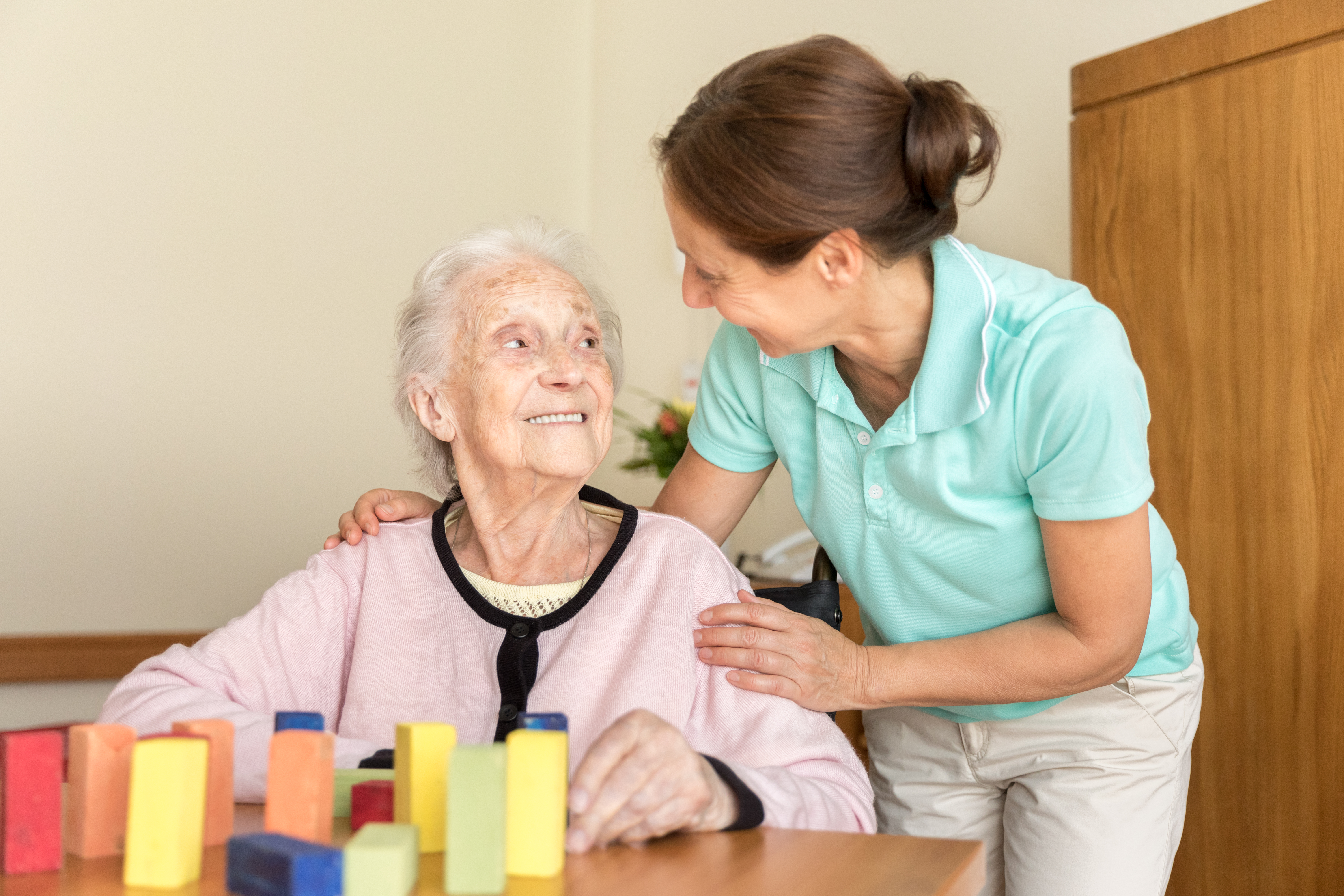
World Alzheimer’s Day – It’s important to remember that dementia patients can be active citizens
DEMENTIA is a terrible disease that has a profound impact on the families who have loved ones that are suffering from it.
The latest stats estimate around 500,000 Irish people’s families have been affected by the condition.
There are many diseases that may cause dementia. The most common causes include Alzheimer’s disease, vascular dementia, dementia with Lewy bodies and frontotemporal dementia.
Today marks World Alzheimer Day — the tenth since the campaign was launched in 2012.
And a new report by the Dementia: Understand Together campaign shows that more than two-thirds of people surveyed are happy to spend time with a person with dementia.
Professor Suzanne Timmons of the HSE’s National Dementia Office, explains why it important that these trends continue.
Today, approximately 30 people will be told that they have dementia around the country.
Most read in The Irish Sun
As we mark World Alzheimer Day, it is appropriate to take a moment to think of these fellow citizens, and what that diagnosis means for them and for the 64,000 other people living with dementia in Ireland today.
Dementia touches the lives of many of us. People with dementia sometimes worry that people’s attitudes towards them will change if they know they have it.
They may not want family or friends to know because they perceive a stigma.
The good news is that we have seen good progress in public attitudes towards people with dementia.
A recent survey by the Dementia: Understand Together campaign shows that people are increasingly seeing the person and not the dementia.
More than two-thirds of us are happy to spend time with a person with dementia, and believe that most people would accept a person with dementia as a close friend.
BREAKING THE STIGMA
Most people in the survey believe that people with dementia have the right to be active citizens within the community.
Furthermore, four in five of those surveyed believe that there are things businesses and service providers can do to make their services accessible to people with dementia.
People clearly recognise that there is more we can do to include people in society — whether that’s the person with dementia joining or remaining a member of a local club, or visiting a shop.
They see that it is important for people with dementia to continue to be mentally stimulated and to enjoy social connections in order to fully optimise their quality of life.
EARLY DIAGNOSIS
What was particularly interesting in the results was nine in ten agree that getting diagnosed early is a good thing.
However, when asked how quickly they would seek help if they were personally concerned that they have early signs of dementia, the response was less emphatic.
While more than half would seek help immediately, nearly a third would probably delay a couple of months and keep checking themselves.
One in ten would be anxious and might try and cover it up for a while.
It is welcome that people recognise early diagnosis is important — but it’s equally important that we realise the benefits of seeking support in a timely way.
THE FIRST STEP TO ASSESS
A GP is the first port of call. They can assess the person and also, if needed, make a referral for a specialist assessment.
It may not be dementia, but the assessment might highlight certain risk factors for future dementia that we can tackle now.
If it is dementia, for many people there are medications and cognitive therapies that allow them to carry on with their daily life.
The key thing is the earlier we seek support, the earlier we can get information and advice and have the opportunity to live our best lives, regardless of the diagnosis.
At the start of this article, I mentioned the 30 people who will be given a dementia diagnosis today.
Regrettably, that number will likely go up in the coming years to more than 60 people each day. The number of people living with dementia looks set to rise from 64,000 today to over 150,000 by 2045.
Read more on the Irish Sun
Everyone has a part to play in supporting people with dementia in our communities today. We owe it to them and we owe it to our future selves and our loved ones.
For more information on dementia, you can visit understandtogether.ie or contact The Alzheimer Society of Ireland Helpline on freephone 1800 341 341.









